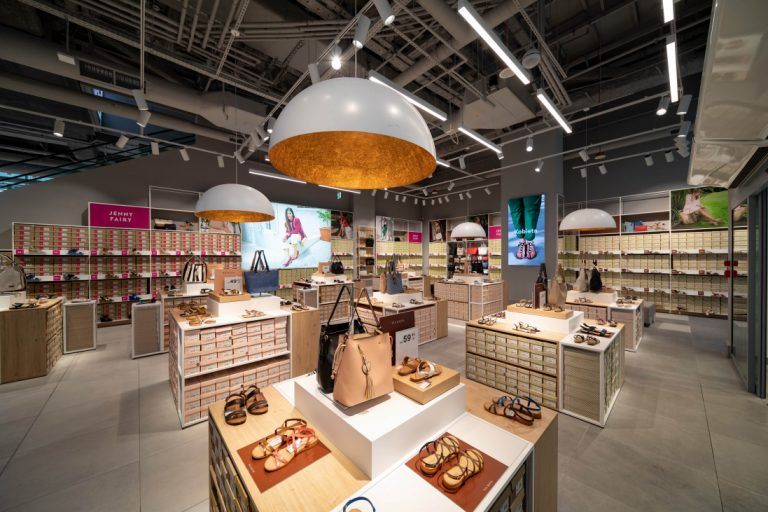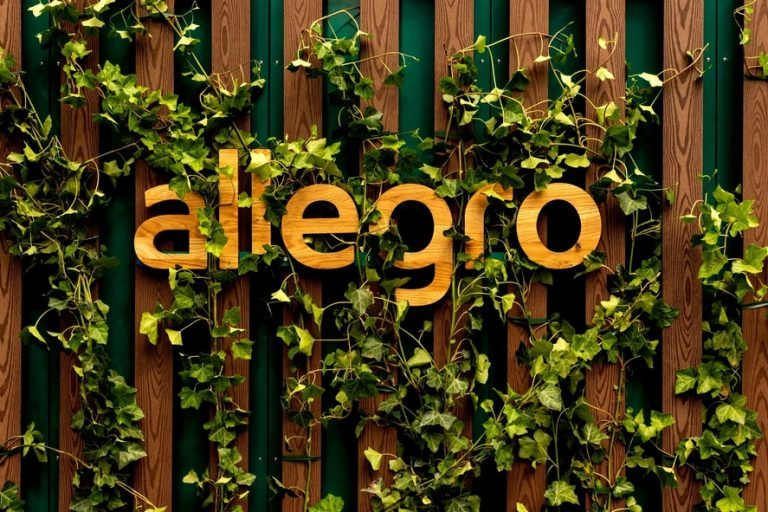Caged eggs are slowly disappearing from the Polish market

Wpis dostępny jest także w języku:
![]() polski
polski
More producers and chains are increasing the proportion of non-cage eggs in their products. Nestle and Aldi have recently made progress in this area in Poland.
Nestle only uses non-cage eggs
Nestle has announced that it is using exclusively cage-free eggs in Europe, including Poland. It has thus fulfilled the goal it committed to in 2017. As part of its continued commitment to animal welfare, Nestle has also joined the call for European Union policy makers to ban caged hen farming.
Together with the Compassion in World Farming foundation and leading food companies, Nestlé has called on EU decision makers to end the use of cages in animal husbandry, starting with laying hens. The joint call was inspired by the European citizens’ initiative End the Cage Age, calling for the abolition of cage farming across Europe. In 2018, it was supported by over 170 European NGOs – at the time 1.4 million verified signatures were collected. It was the first successful European citizen action to improve conditions for farm animals.
In Europe, Nestle uses around 4,500 tonnes of eggs a year in products from its food brands, including Winiary and Thoma mayonnaise and some vegetarian products from its Garden Gourmet portfolio. The company’s global goal is to use exclusively cage-free eggs in all food products worldwide by 2025.
Aldi has increased the use of alternative eggs by 15%
In Aldi’s own-brand range of products containing eggs, more than 45% are sourced from alternative hens. This figure is an increase of more than 15% on previous years. In addition, as many as 72% of the fresh eggs sold come from alternative hens. ALDI was one of the first retail chains in Poland to declare that by 2025 it will withdraw fresh eggs from caged hens from its sales and warehouses of all own brand products.
The Aldi shop chain has been consistently working to improve animal welfare for years, introducing, among other things, a comprehensive set of supply chain regulations and numerous purchasing policies governing environmental and social issues, including an international animal welfare policy. In several of ALDI’s countries of operation, the goal of phasing out caged eggs entirely from product formulations, including Germany and Belgium, has already been achieved.
The chain’s actions were positively evaluated in a ranking conducted by the Open Cages Association, in which Aldi took third place. A total of 9 retail chains took part in the survey conducted by the Open Klatki Association. Each chain participating in the survey was assessed on its transparency and actual progress in implementing its commitment to withdraw eggs from cages and to promote the purchase of eggs from non-cage systems. Out of the nine retail chains which completed the survey, seven have published a clear statement on their official website to consumers about the phasing out of eggs “threes”, and 8 of them are promoting the purchase of fresh eggs from alternative systems to their customers.







